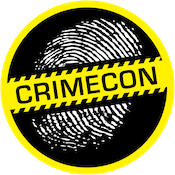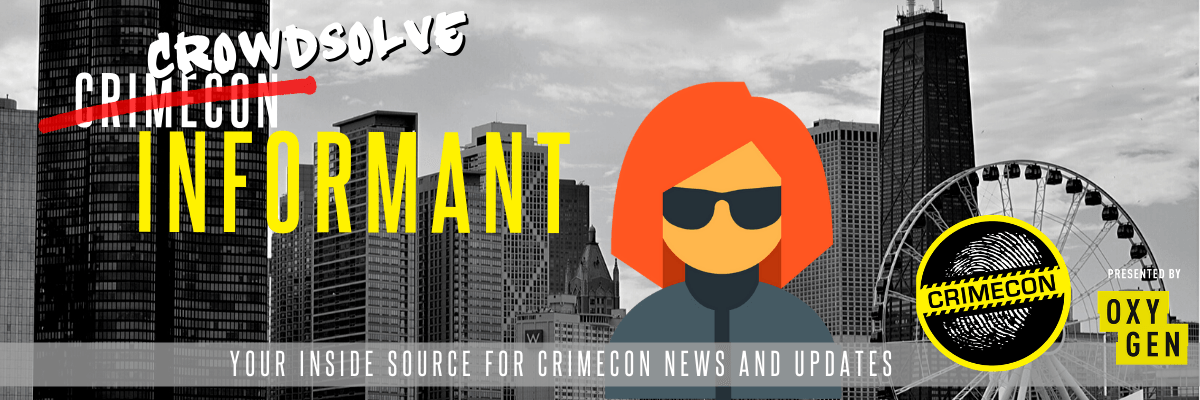Would you take a polygraph? Should you?
Veteran polygraph examiner Jay Cherry joins the CrowdSolve lineup
Imagine, if you will, a scenario: your next door neighbor is murdered. You had dinner at their house the night before and may have been the last person to see them alive, but you did not commit the crime. Would you take a polygraph?
Many true crime fans have strong opinions on polygraphs. Some believe polygraphs aren’t admissible in court so they’re useless. Others believe taking a polygraph can only help make your case if you are truly innocent. True Crime Garage’s Captain has famously said several times “If you pass a polygraph, people will say ‘Big deal, anyone can pass a polygraph.’ If you fail, even if it’s not admissible, people automatically assume you’re guilty.”
All of these beliefs and attitudes are true. But they’re also false. Polygraph examiner Jay Cherry explains that the myths and misconceptions we believe about polygraph exams are often founded in nothing more than police procedural television shows and outdated movie tropes.
“It’s a myth that polygraph results are not admissible in court,” Cherry says. “They are admissible in some states. In other states they’re admissible if both the prosecution and defense agree to enter them into evidence. Mostly, polygraphs are used as an investigative tool to narrow down the pool of viable suspects. If someone passes a polygraph, investigators will certainly move them down the list of possibilities, but won’t take them off entirely.”
Cherry owns and operates Eagle Eye Polygraph, LLC out of Batavia, IL along with his wife Kathleen, but he earned his investigative bona fides as an FBI agent. He retired from the FBI as a Special Agent after 21 years of service. During the last eight years of his career, he trained at the Department of Defense Polygraph Institute (DoDPI), which is now known as the National Center for Credibility Assessment (NCCA).
Cherry will join the lineup of renowned experts who will speak at CrowdSolve in Chicago, IL this February. He will give attendees a crash course in polygraph administration and interpretation. He will also dispel many polygraph myths to assist attendees as they re-investigate the mysterious 1981 death of 17-year-old Kurt Sova from Newburgh Heights, OH. After his presentation, CrowdSolve Investigators (attendees) will put their new knowledge to the test as they review polygraph results from a person of interest in the Sova case.
“Maybe the biggest myth is that sociopaths can beat a polygraph because they don’t experience emotions the way others do,” explains Cherry. “They still have physiological reactions. They know they’re lying, they just don’t care about the results or the overall outcome.”
This touches on another surprising aspect of polygraph examination: the job is almost entirely based on psychology rather than statement interpretation. On top of that, the examiner must know how to use anticountermeasures (how to foil subjects who try to beat the test), interrogation techniques, and physiology.
Of course, CrowdSolve Investigators can’t squeeze decades of training and experience into one afternoon, but Cherry will provide a foundation of knowledge that will help attendees know what to look for when examining the polygraph results from the Sova case file. “We’ll start with the basics,” he says. “I’ll address some of the myths. We’ll talk a bit about the instruments used and the physiological activity that we monitor. Then I’ll show some charts as examples and talk about how to interpret the results.”

